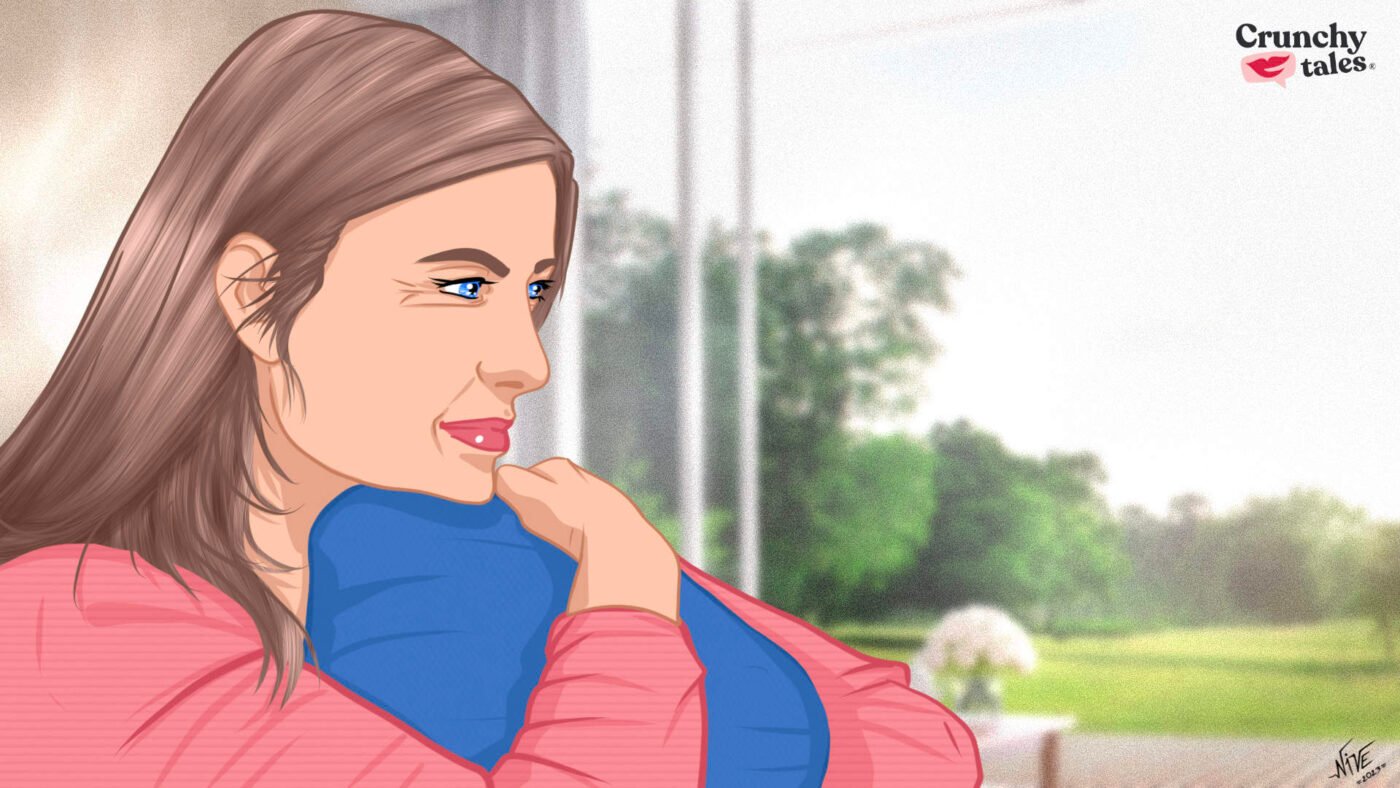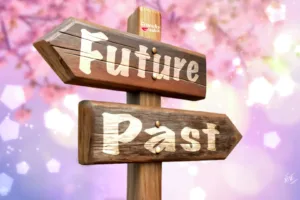Seeking Forgiveness: What To Do If Someone Will Not Accept Your Apology
In the journey of life, we all encounter moments of hurt, betrayal, and disappointment. As we age, these wounds sometimes might fester and evolve into a heavy burden for some people too difficult to release. While some can forgive and let it go, others can still have deep resentments an apology can’t help. If you’re the one who made a mistake and now seeking forgiveness, but you can’t see any progress from the other side, this article is for you. You may not always get it, but it’s worth asking for.
Our crunchy expert, diversity promoter and TEDx speaker Maria Olsen will explore practical strategies to navigate unforgiveness in midlife and discuss the importance of self-reflection, empathy, and compassion.
![]()
Sometimes people are too hurt or stubborn to forgive. While not forgiving someone hurts the person who will not forgive more than the person seeking forgiveness, it still can sting both parties. As a result of that, the path towards reconciliation sometimes can be more challenging than we expected: pride often gets in the way.
“When someone that you care about will not forgive you or speak to you, it can be very deeply confusing and painful,” observes psychotherapist Dr Anita Gadhia-Smith, “Particularly with close friends and family, we often expect that these relationships will last a lifetime and will mend if need be.”
Unfortunately, when the wound is serious, it will need time to heal, and you should take into account that the person may not be ready to make peace with you yet or never will. She or he might fear that if they let their guard down, they will get emotionally hurt again. For them, holding on to the memory of the injustice is crucial for protecting themselves from emotional pain.
Seeking for forgiveness: the first step towards reconciliation
When you have messed up big time, the first step if you have wronged someone is to take responsibility for your actions. We cannot control what others do, but we can always control ourselves, our responses, and our attitudes.
“Apologise, being specific about what you did,” advises Dr Nicole Cutts, clinical psychologist, success coach for women and founder of Vision Quest Retreats. “Even if you didn’t intentionally hurt someone’s feelings it’s okay to say you are sorry. Ask them if there’s a way to make it up to them, if appropriate. After this, if you have asked for forgiveness and expressed regret for causing them hurt and the person refuses to forgive or speak to you, there’s not much you can do. Let them know that your door is open to them, should they choose to speak with you, but don’t keep contacting them. If they ask you to leave them alone, respect their boundaries. They may need time, sometimes a long time.”
Rejection hurts in any context. Once we have attempted an honest apology expressing remorse, there sometimes is little we can do with the other person. But there are things we can do for ourselves.
Practicing acceptance
It’s always important to seek the forgiveness of those we’ve hurt, even if it is hard to do it, in order to avoid regrets later on. However, no one owes you forgiveness. It is each person’s choice. In fact, as Dr. Gadhia-Smith notes, “Some people do not have the desire or capacity to forgive us, and we may then be in a position to have to forgive them for their unforgiveness.”
In this case, if they are not open for any sort of reconciliation, you must let it go. “Be at peace knowing you have done your best. It’s easier said than done, but accepting the situation will bring you serenity,” advises Dr. Cutts.
Practising acceptance does not mean, however, that you need not respect your own boundaries. Perhaps the relationship has grown toxic. If so, stay away from that person. You do not need the negative energy in your life.
How other people behave often has nothing to do with you. It is an amalgam of their life experiences. We can never know the whole picture of that person’s life. Perhaps what happened triggered something else within the other person that is unrelated to you or the provoking situation at hand.
In this case, relying on the following serenity prayer can sometimes help you practice acceptance: “Higher Power, give me the serenity to accept the things I cannot change, the courage to change the things I can, and the wisdom to know the difference“.
Living your amends
If the person who was or feels wronged is not willing to accept your amends, then be accountable and correct any mistakes that can be corrected. “There may be little more that we can do going forward, except to continue to keep them in our hearts, pray for them, and focus on the love that we do have in our own lives,” Dr. Gadhia-Smith explains.
As a person in recovery, I follow the tenet that I must keep my side of the street clean. If I have done that, I can hold my head up high, even if I run into a person who cannot forgive me for something.
Reverend Ann Ralosky, Lead Pastor for Worship and Congregational Transformation at First Congregational Church in Montclair, New Jersey counsels that “we can show by our actions that we want to mend the relationship while allowing that they may not choose to reconcile.”
Thinking about what you can do better in that relationship or in other relationships may also provide a path forward. Do the next right thing. Practice kindness. Do Respectable things. You may have to give the other person space to heal. Time can heal some wounds.
Strive to do better
Every person and situation can teach us something if we are open to the lesson. Think about what this particular person or situation has taught you, even if that lesson is patience or being more careful about with whom you spend your time and energy.
Lisa Rubenstein, a parenting and retirement coach in Potomac, Maryland, says: “What is most important is that we forgive ourselves and then move forward with gratitude, understanding that we have the opportunity to learn and grow from our mistakes.”
Commit to growing from the experience. All of us are perfectly imperfect humans. As long as we make progress, we can live to our highest potential.
Be compassionate with yourself
Holding onto anger is like drinking poison and hoping the object of your anger is harmed. Anger and negative energy are internally corrosive. Practice self-care and forgive yourself by letting things go. Treat yourself like someone you love. Put down the bat and stop beating yourself up for mistakes. We all make mistakes because we are all human.
According to Dr. Gadhia-Smith, the bottom line is that “if we keep our own hearts open, healing may be possible in the future,” for both parties involved.
So, the next time you find yourself seeking forgiveness from people, why not consider the above points and put them into action? You may find the whole process much more acceptable.
Like this post? Support Us or Sign up to our newsletter to get more articles like this delivered straight to your inbox!






